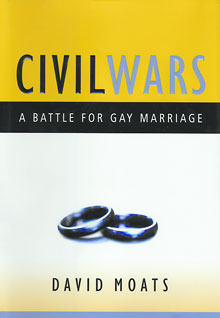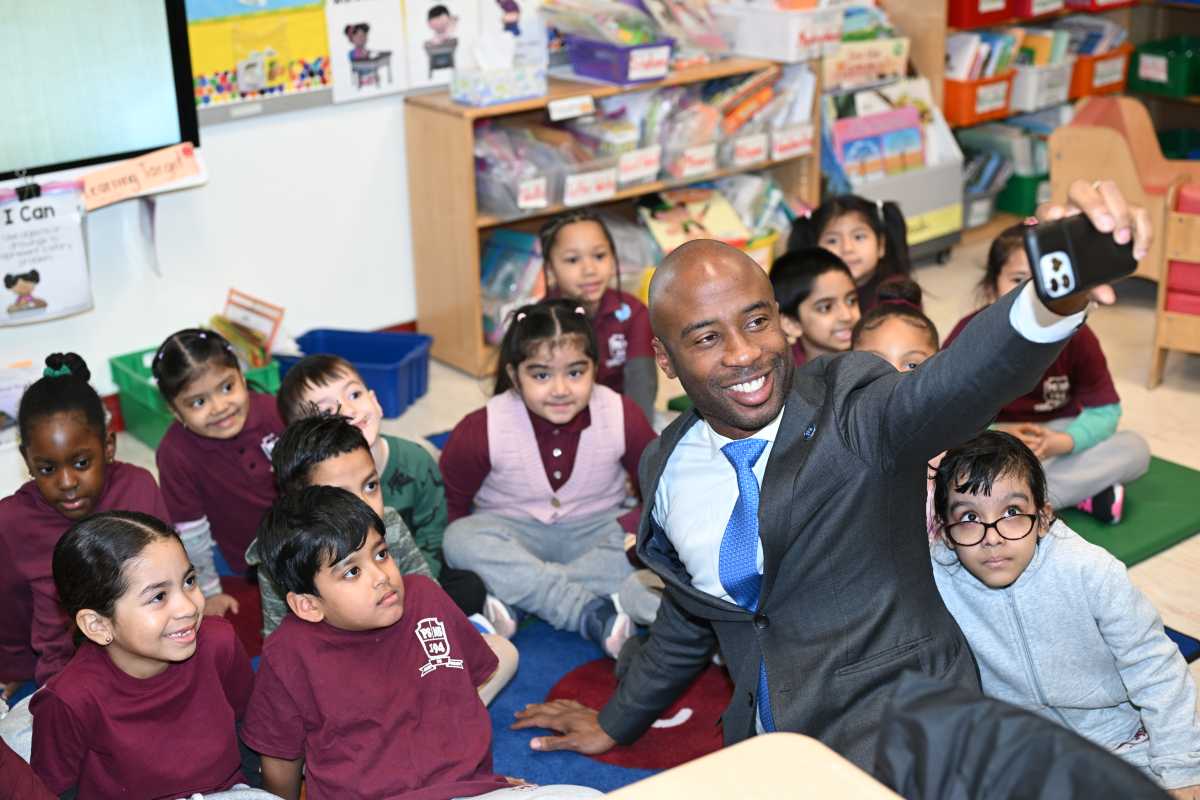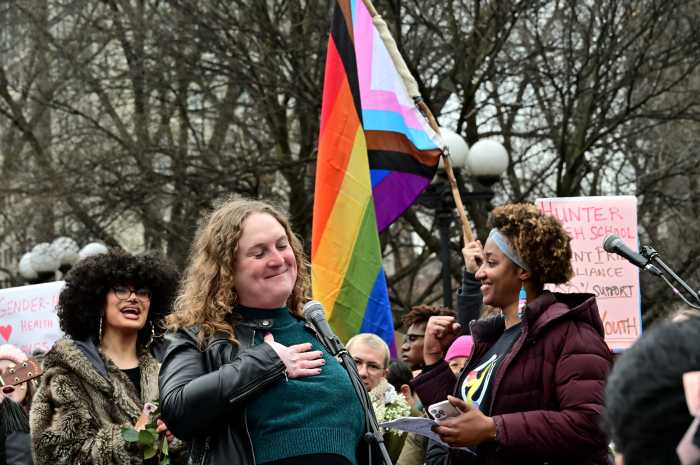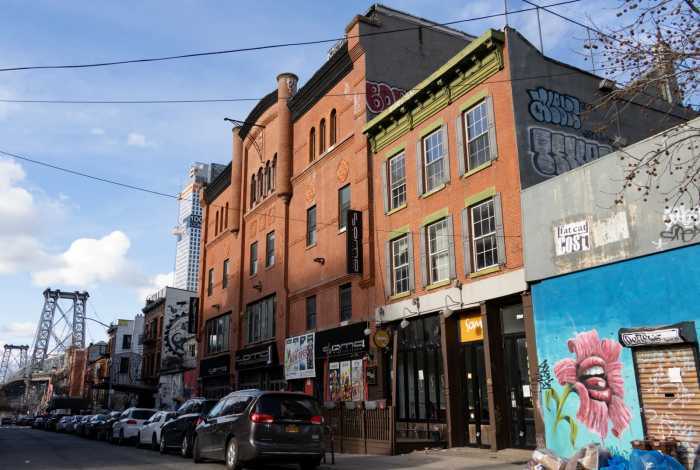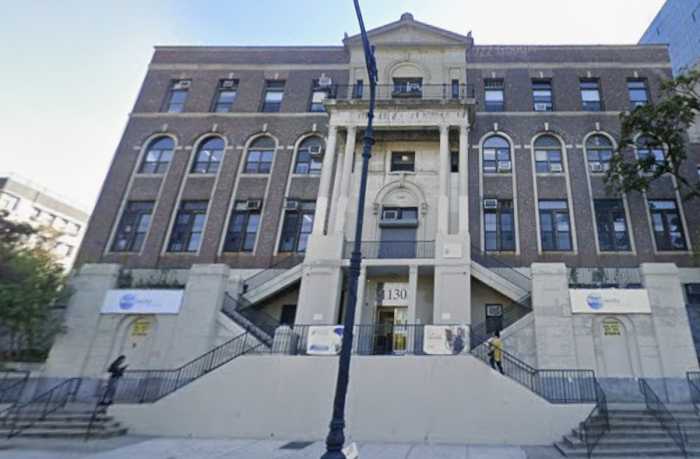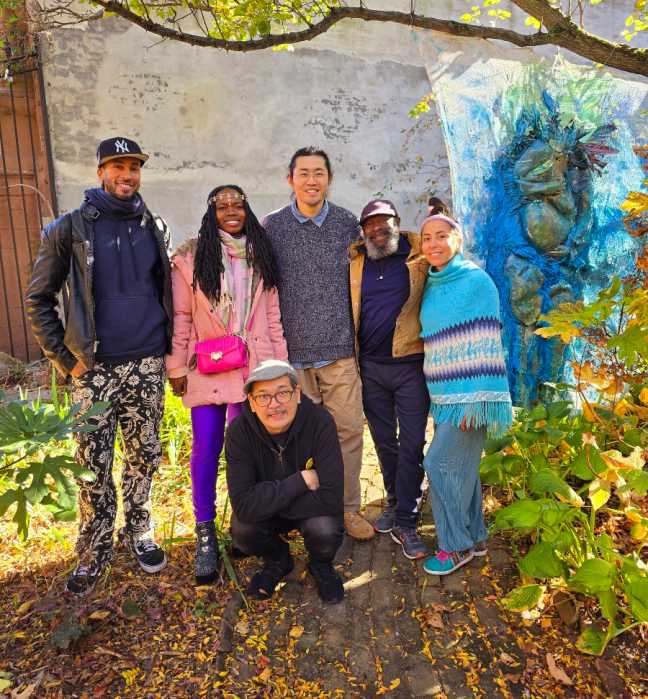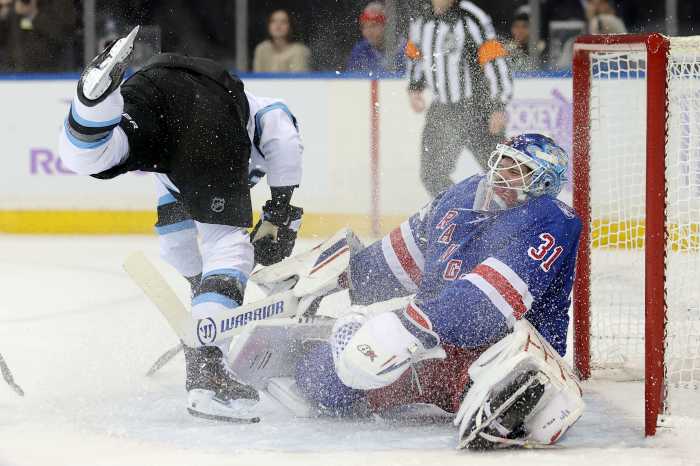Pulitzer Prize-winning journalist David Moats examines the battle for civil unions
In “Civil Wars,” Moats presents an account of the successful effort to enact civil unions in Vermont that is an easy and quick read. As the editorial page editor at Vermont’s Rutland Herald, Moats witnessed that struggle firsthand and he won a Pulitzer Prize––the Herald’s first––for the editorials he wrote in support of civil unions.
Moats steps off from December 20, 1999, the day the Vermont Supreme Court reversed a lower court ruling holding that limiting marriage in Vermont to heterosexual couples was constitutional. The court instructed the state legislature to remedy the problem.
Moats takes us through the proceedings in the Vermont House, the Senate, on to the 2000 signing of the legislation by former Governor Howard Dean, and to the first time a civil union was registered in that state. We also get a description of the backlash.
Throughout “Civil Wars,” the author gives us biographical sketches of the key players in the lawsuit and the later political drama. We are also treated to descriptions of events and quotes from participants that give some sense of the flavor of the conflict. It clearly had ugly moments.
One reviewer called the book a “journalistic history” and that is just about right. It is neither pure journalism nor is it a thorough history of the events in Vermont that led to the enactment of civil unions in that state.
The book resembles the work of Randy Shilts who wrote “The Mayor of Castro Street,” a biography of Harvey Milk, and “And The Band Played On,” a painstaking chronicle of the early years of the AIDS epidemic, though I have to say that Shilts was the better writer.
Moats suffers from a tendency to put everything he knows into the story.
In the opening chapter, we are told that one of the plaintiffs repeatedly tried to reach her partner the day the Supreme Court decision came down only to get a busy signal at their home. She finally got through after she stopped to gas up her car near Essex Junction.
In a later chapter, Moats describes one of the nastier public events in the battle. He opens by telling us about a state legislator and a civil unions supporter who travels to the meeting with her dog, Dominic, because “his presence in the car served as a measure of protection.” I thought we would learn that the dog was later involved in some violent altercation, but no, Dominic stayed in the car.
I have no idea where Essex Junction is and why that should be meaningful to me. It’s 1999 and this couple doesn’t have call waiting. What is this supposed to tell me about this couple? The legislator took Dominic to the meeting and the poor dog sat in the car for several hours. What am I to understand from this? I assume these details are meant to flesh out these people. They don’t do that.
In other places, Moats delivers interesting descriptions of individuals involved in the fight so he is clearly capable of that and I wish he had done more of this.
There are other places where Moats writes too much like a journalist. In describing the public hearings held by the Vermont House prior to its vote on the civil unions bill, the author quotes the testimony of a number of people who spoke at those hearings at great length.
In a later chapter, when he is describing the backlash after the legislation became law, he cites an editorial that ran in a New Hampshire paper.
I recall that editorial, it was particularly compelling, and I believe that Moats reproduces it in its entirety.
I take from these long, long quotes that Moats is unwilling to say what these texts mean. Yes, they speak for themselves, but the whole point of reading a history is to get the context of the events. “Civil Wars” is only a recitation of the facts. This is the book’s greatest flaw.
I recall attending a town meeting titled “Getting Hitched” at the LGBT Community Center in Manhattan in the early 90s. It was meant to be a debate about marriage and whether our community should pursue that goal. Some 400 people turned out and it was clear by the end of the evening that most of them were there because they wanted to get married. This was well before any of our community organizations jumped on the marriage bandwagon.
That evening illustrated the meaning of marriage to me. It is the ultimate expression of the love that two people have for one another. It is the act that says “I wish to spend the rest of my life with this person.”
That power drives the desire of lesbian and gay couples to marry. Some heterosexuals oppose admitting same sex couples to that institution because they fear that meaning of their unions will be somehow diminished.
Moats never grapples with that context in a serious way and it is central to the fight. Sure same sex couples have agitated for marriage rights for decades, but it only became a major movement goal recently. How did that happen? Why did we choose this fight?
What is it that some heterosexuals fear or dislike about same-sex marriage? Sure, some of them are anti-gay bigots, but not all of them are.
Recent polls have shown a hardening opposition to gay marriage and I do not think it’s because some Americans have been transformed into homophobes. Something else is at work here, but “Civil Wars” will not tell you what that is.
David Moats will read from “Civil Wars” twice next week: Tue., Feb. 10 at 7 p.m. at the Brooklyn Public Library, Grand Army Plaza, in the second floor auditorium; and Wed., Feb. 11, at 7:30 p.m. at Barnes & Noble, Chelsea, at
675 6th Ave. at 22nd St.

